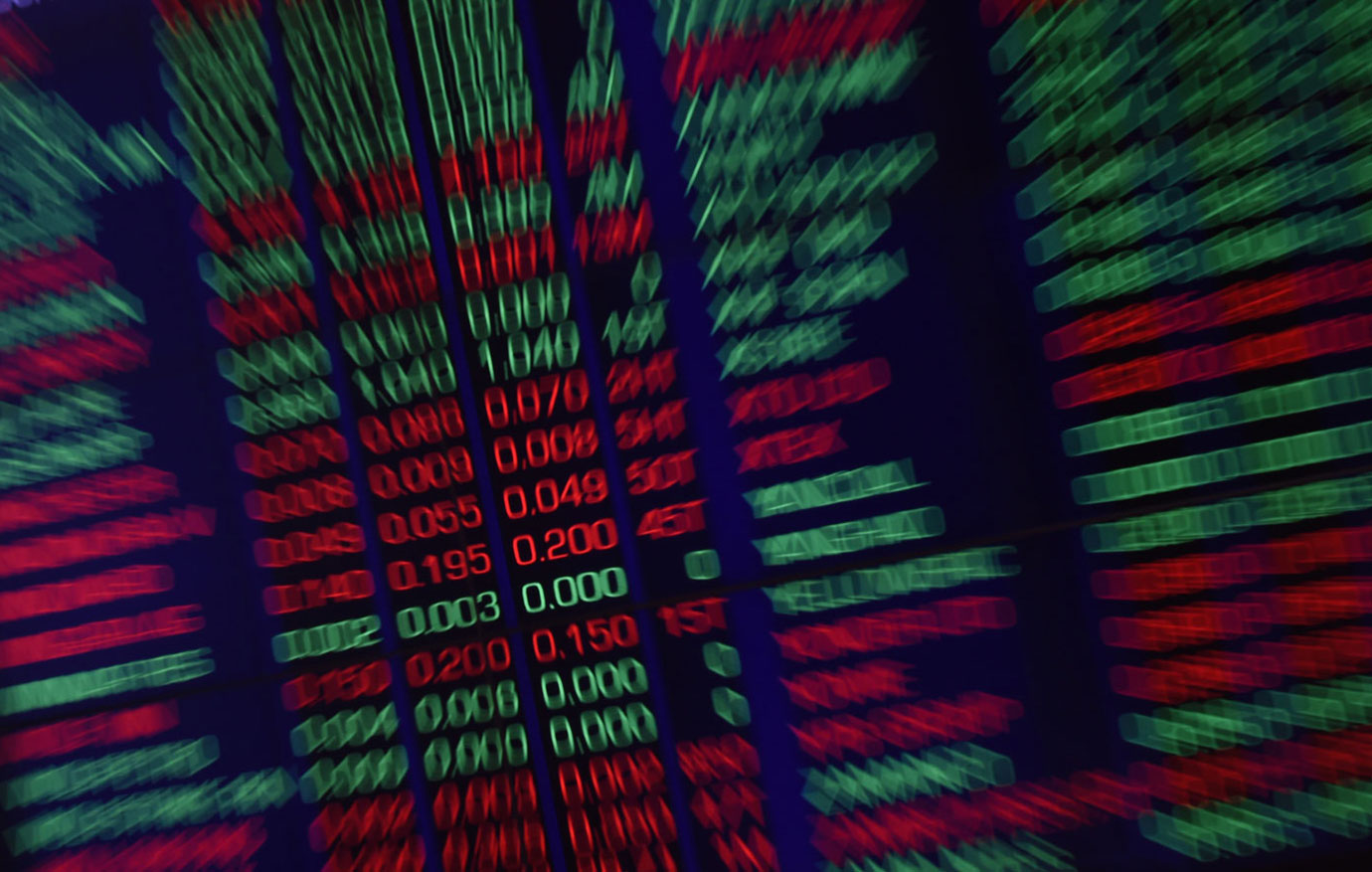
GDP Tells Us Little about the Health of an Economy
The government and the mainstream media’s favorite economic statistic is gross domestic product (GDP). If GDP goes up, then the economy is doing well. If GDP shrinks, then the economy is doing poorly, or so it is assumed. It all seems so simple. But GDP tells us no such thing. The economy may be doing poorly when GDP rises. Likewise, the economy may be doing well when GDP falls. How can this be?
Although the official statistical components that make up GDP are rather complicated, the big picture is that GDP measures predominately consumer spending (for a detailed explanation of GDP’s many components, see Mark Brandly’s “Calculating GDP Correctly“). But consumer spending is not the sole use of money, and it may not be the most important.
Therefore, even in a sound money environment, it is possible for GDP to fall if people decide to increase the holding portion or savings/investing portion of their money. In those cases, prices will fall. If people decide to spend less now and save more, then the structure of production will change somewhat as resources flow from consumer items to production goods. Think fewer Big Macs and/or Frappuccinos and more copper mines and/or factories. The GDP followers will conclude that the economy is shrinking and that people are less wealthy, but the people themselves will not believe so. They will conclude that the fruits of their frugality are evident in rising savings accounts and investment portfolios. Austrian economists will say that people’s time preference has fallen, meaning that they desire more goods in the future and are willing to sacrifice current satisfactions in order to have more and/or different satisfactions in the future.
A Rising GDP May Mean Trouble (But We Really Can’t Be Sure)
Here are the many things that a rising GDP may mean:
Pure rising prices as a result of massive money printing. Remember, GDP measures consumer spending. If the public buys the same goods in the same quantities yet the price is higher, then a rising GDP does not represent rising wealth or prosperity. If prices rise faster than the public’s spending ability, then it is possible that fewer goods are being sold at much higher prices. In this case the public actually is worse off, yet GDP would show otherwise.
Capital consumption. If the public runs down its savings and/or increases its debt in order to increase spending, then the source of the increase in consumer resources is the liquidation of productive resources. In other words, the public is liquidating, to some extent, its capital base, which means a lower standard of living in the future.
A reduction in the public’s willingness to hold money. This is the most dangerous symptom, because it means that the monetary unit itself is valued less and people are shedding the monetary unit for real goods. Once this threshold in the public’s psyche has been breached, the monetary unit is doomed. The only salvation would be to link the monetary unit to some other, noninflationary monetary unit such as gold or silver. However, the public will rightly be suspicious that the monetary authorities will accept the consequences of such a move, i.e., not only the inability to increase spending but also the inability to maintain spending at its current level, which probably would lead to debt default, massive spending cuts of popular social programs like Social Security, and a retreat from America’s global military empire.
The People Know When They Are Better Off
Since GDP is an unreliable indicator of the health of an economy, what measure can be trusted? The only answer, which undoubtedly will disappoint many, is that the people themselves will know. Oh, we might measure units of real goods and services, such as production of electricity, autos, household hard goods like refrigerators and air conditioning units, et cetera. But remember that even an overall increase in real goods could be offset by an increase in population, leaving the average individual American no better off or even worse off. Also, the increased production could be in areas that the public really does not desire, such as solar panels, windmills, high-speed trains that no one rides, and other purely politically oriented spending. An easy indication that the public really does not desire certain goods is that the government must bribe us with tax incentives, rebates, and subsidies. The poster child of a product that few desire yet we all must use is ethanol. Another indication of lack of interest in a good is that some businesses are required to buy certain products. For example, in the majority of states power distributors are required to compensate you for the trickle of electricity that occasionally flows to them via home solar power panels.
Conclusion
The bottom line, so to speak, is that GDP really doesn’t tell us much about the state of the economy. Furthermore, our personal happiness cannot be measured solely by the quantity of economic goods that we consume nor the market value of our financial portfolios. Undoubtedly most of us could increase our consumption and our personal finances by working longer hours, taking a second job, et cetera. But Austrian economists remind us that leisure is also a good. There comes a point at which leisure is preferred to making more money. The notion of an “economic man” who constantly strives for more wealth above all else is a myth. The value of a happy home life, surrounded by family and friends, frankly, is priceless. I daresay that a well-known software multibillionaire who recently announced his impending divorce is not as contented as many reading this article.



